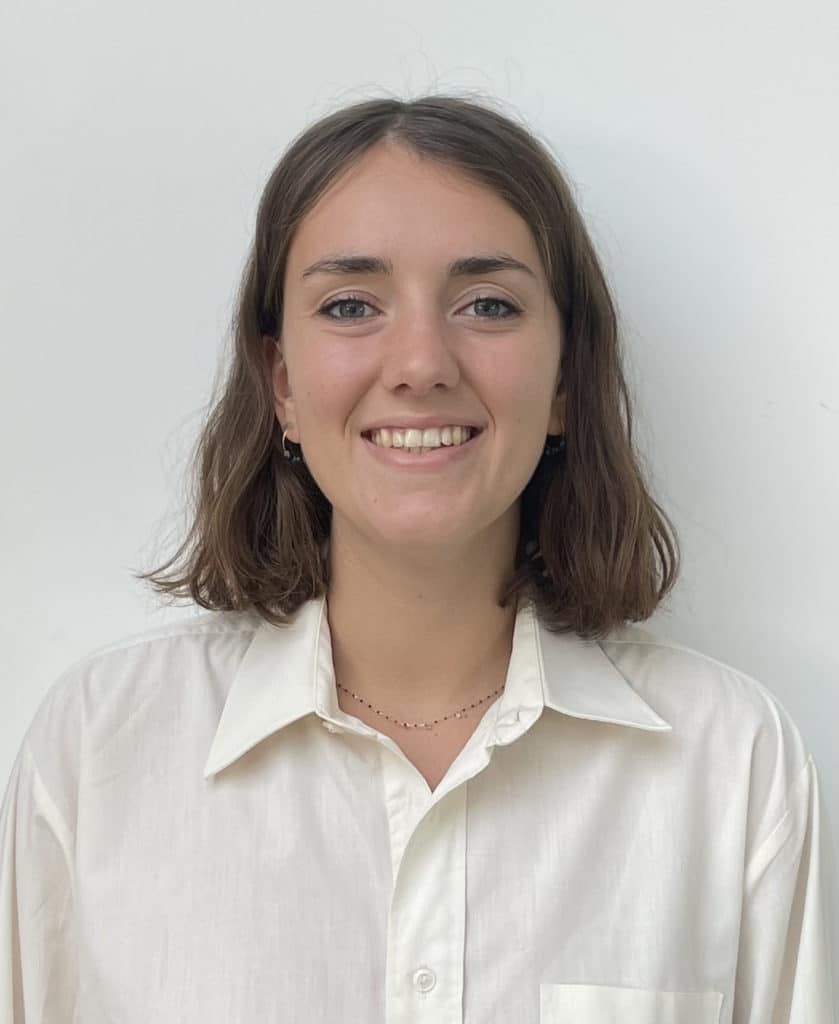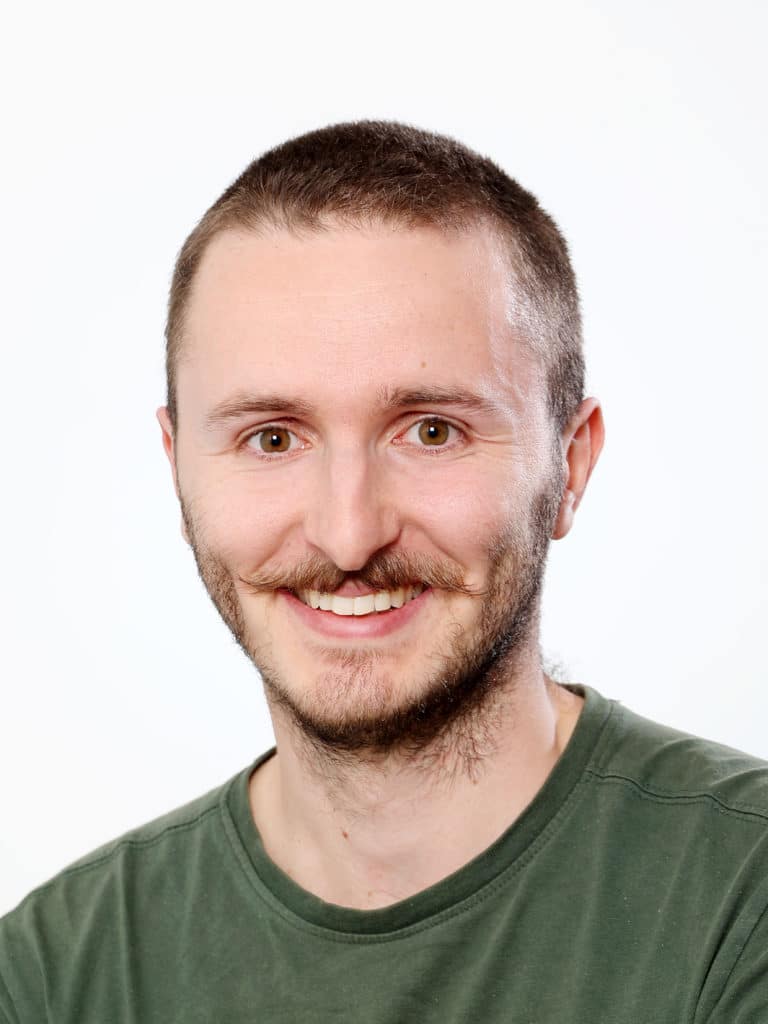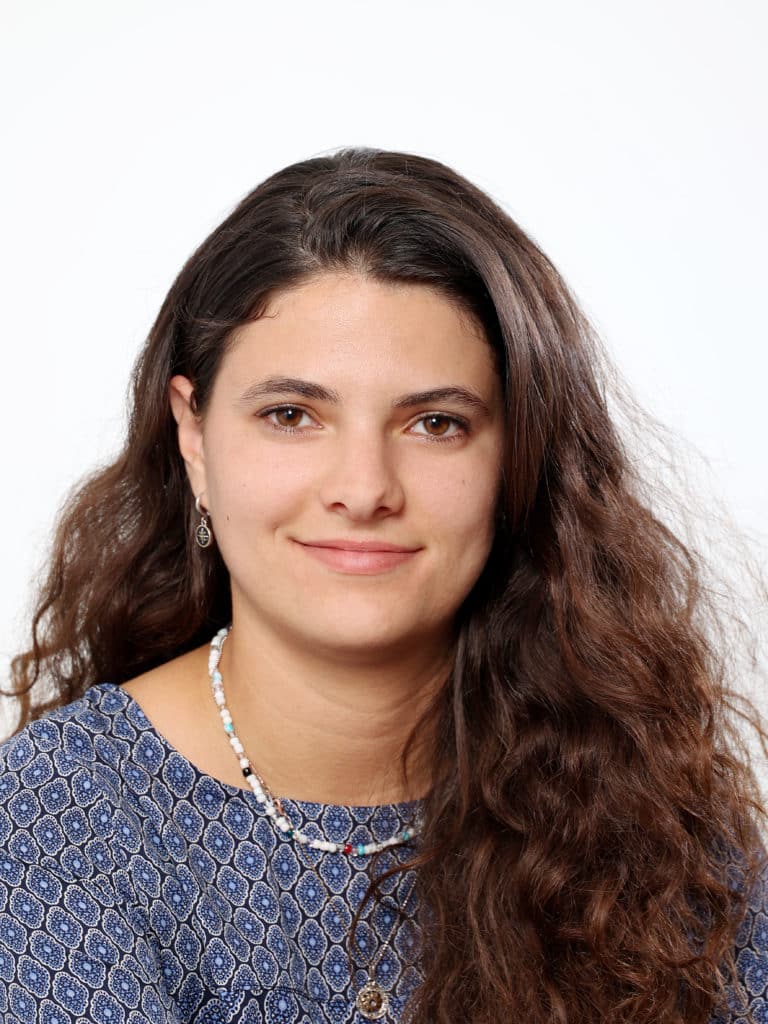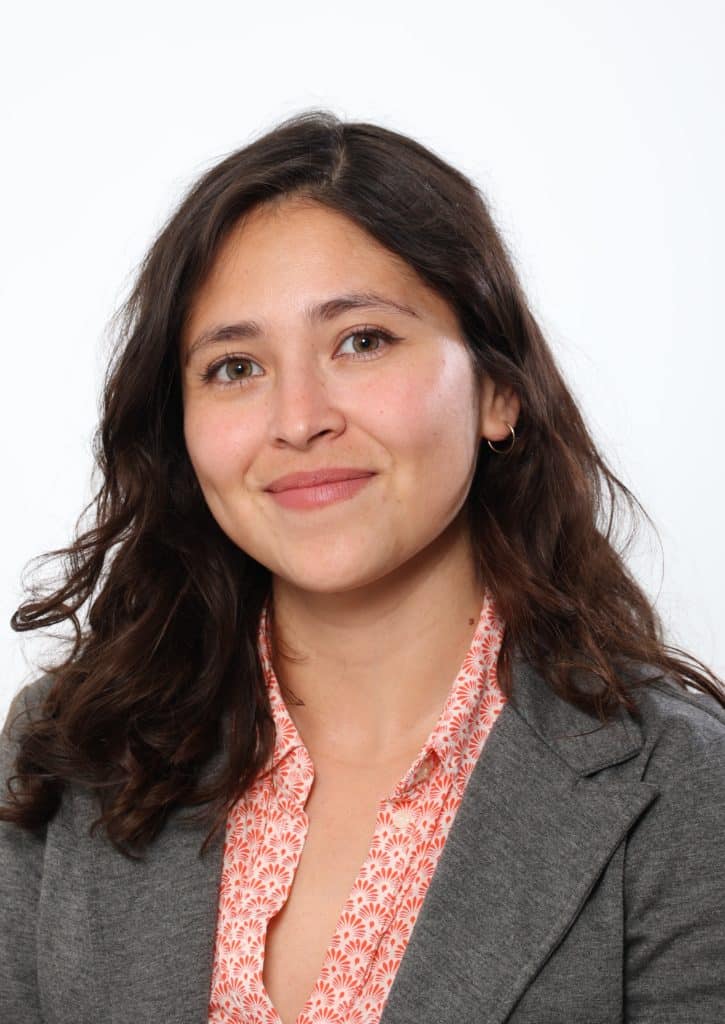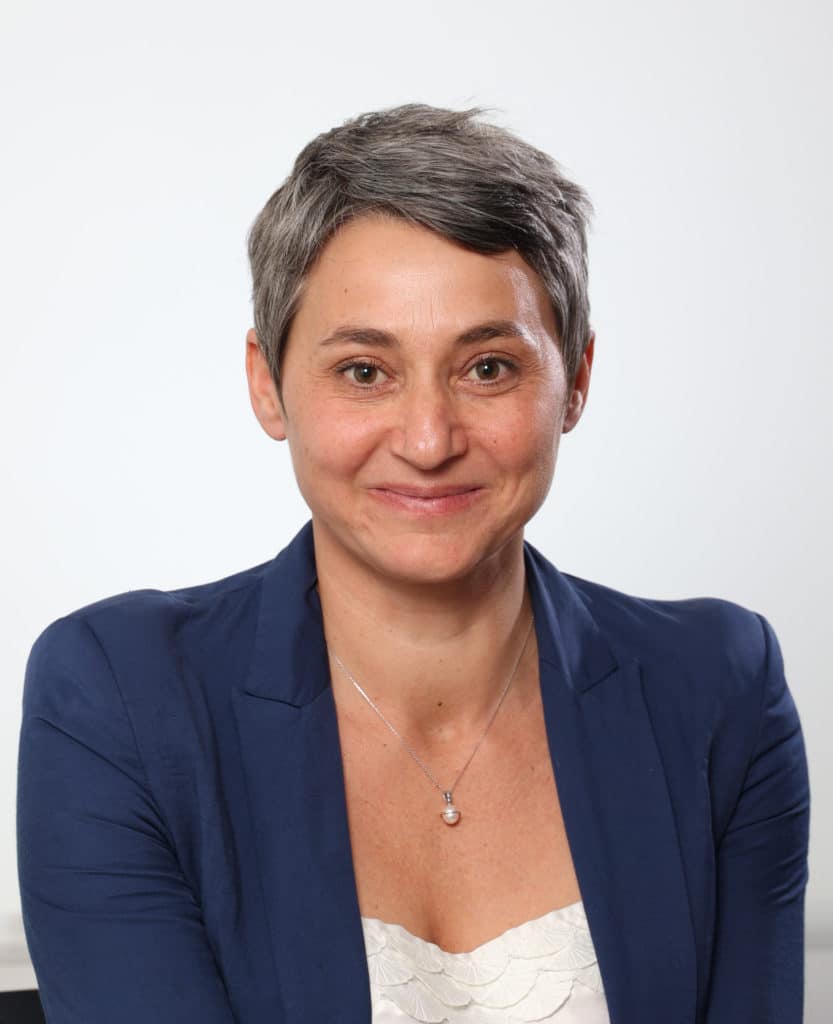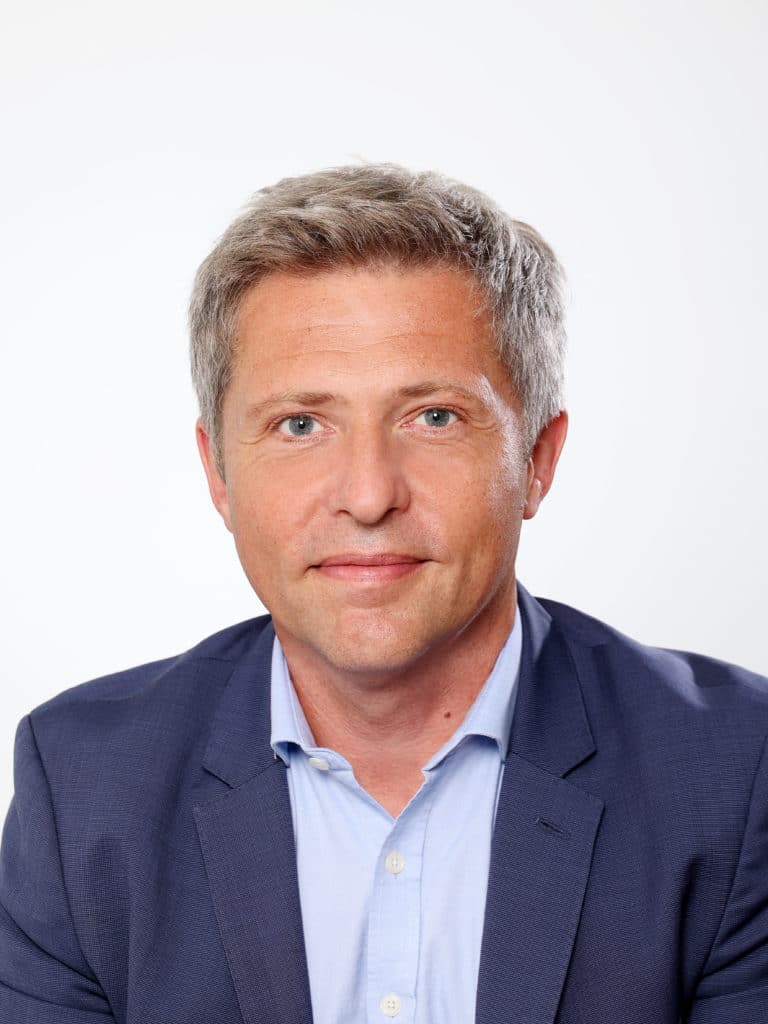Ce concours est une opportunité pour les porteurs de projet de valoriser des bâtiments réalisés, durables et s’inscrivant dans une démarche résiliente face à un ou plusieurs aléas. Une visibilité particulière sera offerte aux lauréats : publications sur les sites internet et réseaux sociaux des partenaires, communication auprès de la presse spécialisée, vidéo de promotion des lauréats…
Qui peut participer ?
Toute personne physique ou morale ayant compétence à représenter le bâtiment proposé au concours et ayant reçu l’accord préalable du Maître d’ouvrage et de l’architecte. Les participants s’engagent à être présents ou représentés à la remise des trophées qui se tiendra à l’automne, à une date qui sera communiquée ultérieurement.
Avec quels projets ?
Les études de cas proposées au concours doivent porter sur des bâtiments durables ayant été conçus de manière à faire face à un ou plusieurs aléas naturels et climatiques : inondations, sécheresse, séismes, mouvements de terrain, avalanches, feux de forêt, cyclones, tempêtes, grêles…
- Tout type de bâtiment ou parc bâti assuré, public ou privé, résidentiel, tertiaire, commercial, industriel, culturel, de santé… ;
- Situé en France (métropolitaine et outre-mer), en Belgique, au Canada, au Luxembourg, au Maroc ou en Suisse ;
- Bâtiment exposé à au moins un aléa naturel et climatique ;
- Bâtiment ayant, ou non, subi un dommage à la suite d’un aléa ;
- Bâtiment réalisé ou démonstrateur déjà livré avant le 30 avril 2024 ;
- Construction nouvelle, reconstruction, extension, rénovation globale ou rénovation réversible, faisant l’objet d’une réception de moins de 5 ans.
Critères de sélection
- Caractère résilient : Le projet et ses performances prennent-ils en compte dans leur conception des aléas naturels et climatiques ? Permettent-ils de se protéger et de mieux faire face à ces aléas ?
- Reproductibilité : Le projet et ses performances sont-ils reproductibles ailleurs (process, technologie) ? Ce projet ouvre-t-il la voie à de nouvelles tendances, de nouvelles façons de construire ?
- Coût : Comment se situe le niveau de coût du projet par rapport au coût standard du marché pour sa catégorie d’ouvrage ?
- Innovation : Un ou plusieurs des éléments du projet (une solution, l’approche globale, une combinaison de solutions…) sont-ils vraiment nouveaux, innovants ?
Les dates a retenir

A propos des "Trophées bâtiment résilience"
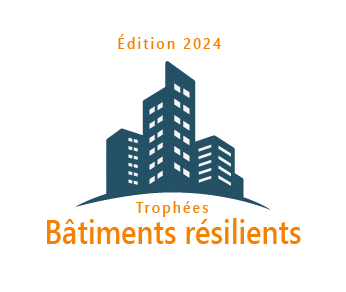
Pour continuer de diffuser au plus grand nombre les solutions permettant de d’améliorer la résistance du bâti, la MRN lance une 3ème édition, en partenariat avec des acteurs clés du secteur, l’Agence de la Transition Écologique (ADEME), l’Association Française pour la Prévention des Catastrophes Naturelles et Technologiques (AFPCNT), l’Agence Qualité Construction (AQC), Construction21 et la Fédération Française du Bâtiment (FFB), avec le soutien de France Assureurs et du Plan Urbanisme Construction Architecture (PUCA) du Ministère de la Transition écologique et de la Cohésion des territoires.

